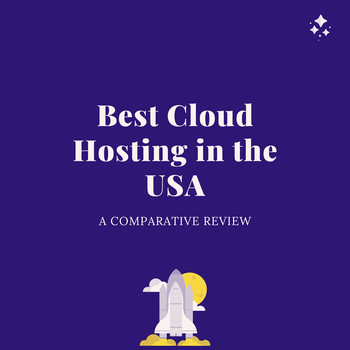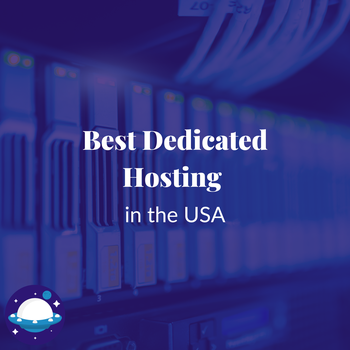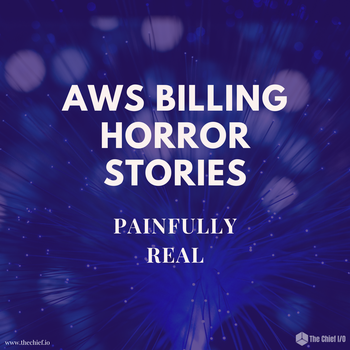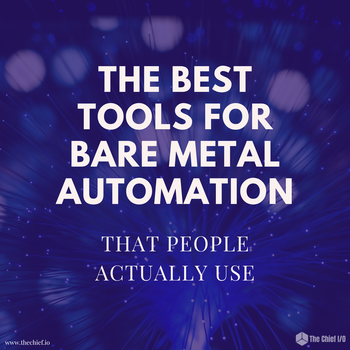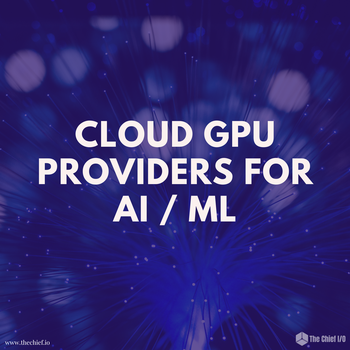Cloud: Oracle Adds AI Services to OCI
Oracle releases six AI services to Oracle Cloud Infrastructure.
TL;DR
Oracle announced the addition of its AI models to assist developers with complex tasks while building.

Key Facts
Oracle releases AI services for Oracle Cloud Infrastructure.
The services allow developers to add AI to applications without having expertise in data science.
The Oracle AI also includes a host of other AI and ML services.
The services include tools for building and managing machine learning models.
Details
Oracle added a list of AI services to the Oracle Cloud Infrastructure (OCI). They comprise six new services targeted at helping developers with tasks related to language, speech, vision, anomaly detection, forecasting, and data labeling. The services would allow developers to leverage non-conventional models designed to enhance business activities or customize services to align with the organization’s data.
OCI AI services are at the essence of the Oracle AI. It entails an assortment of artificial intelligence, machine learning, and data science offerings, including Oracle Digital Assistant and OCI Data Science and Oracle Database Machine Learning, which developers would use while building, managing, and deploying machine learning models. Developers no longer need Data science expertise to apply AI to their applications. The services include:
OCI Language
This service would carry out text analysis on a large scale, understand unstructured text in documents, customer feedback interactions, support tickets, and social media. Developers can now apply sentiment analysis, key-phrase extraction, text classification, named entity recognition, e.t.c. into the applications they build.
OCI Speech
This provides automatic speech recognition through pre-built models tested on multiple languages of native and non-native language speakers for real-time speech recognition. With the OCI speech, developers can convert file-based audio data containing human speech into text transcriptions. The speech tool could also provide in-workflow closed captions, index content, and enhance audio and video content analytics.
OCI Vision
This service provides computer vision models pre-trained to carry out image recognition and document analysis tasks. It also enables users to extend the models to other industries and offers customer-specific use cases like scene monitoring, defect detection, and document processing with their data. Businesses can employ these services to detect visual anomalies in manufacturing, extract text from forms to automate business workflows, and tag items in images to count products or shipments.
OCI Anomaly Detection
This alerts developers of anomaly detection or critical irregularities early, and it provides REST APIs and SDKs for several programming languages. The OCI Anomaly detector is built on the patented MSET2 algorithm and can also be used for fraud detection, predicting equipment breakdown, and receiving data from multiple devices to predict failures.
OCI Forecasting
This service delivers time-series forecasts through machine learning and statistical algorithms. Developers use the forecasting feature to create estimates for business metrics, including product demand, revenue, and resource requirements.
OCI Data Labeling
Helps users build labeled datasets to train AI models. Developers can collect data, create and browse datasets, and assign labels to records through user interfaces and public APIs. The labeled data sets can be exported and used for model development across Oracle's AI and data science services, including OCI Vision and OCI Data Science.
Get similar news in your inbox weekly, for free
Share this news:
Latest stories
Best Cloud Hosting in the USA
This article explores five notable cloud hosting offers in the USA in a detailed way.
Best Dedicated Hosting in the USA
In this article, we explore 5 of the best dedicated hosting providers in the USA: …
The best tools for bare metal automation that people actually use
Bare metal automation turns slow, error-prone server installs into repeatable, API-driven workflows by combining provisioning, …
HIPAA and PCI DSS Hosting for SMBs: How to Choose the Right Provider
HIPAA protects patient data; PCI DSS protects payment data. Many small and mid-sized businesses now …
The Rise of GPUOps: Where Infrastructure Meets Thermodynamics
GPUs used to be a line item. Now they're the heartbeat of modern infrastructure.
Top Bare-Metal Hosting Providers in the USA
In a cloud-first world, certain workloads still require full control over hardware. High-performance computing, latency-sensitive …
Top 8 Cloud GPU Providers for AI and Machine Learning
As AI and machine learning workloads grow in complexity and scale, the need for powerful, …
How ManageEngine Applications Manager Can Help Overcome Challenges In Kubernetes Monitoring
We tested ManageEngine Applications Manager to monitor different Kubernetes clusters. This post shares our review …
AIOps with Site24x7: Maximizing Efficiency at an Affordable Cost
In this post we'll dive deep into integrating AIOps in your business suing Site24x7 to …
A Review of Zoho ManageEngine
Zoho Corp., formerly known as AdventNet Inc., has established itself as a major player in …

